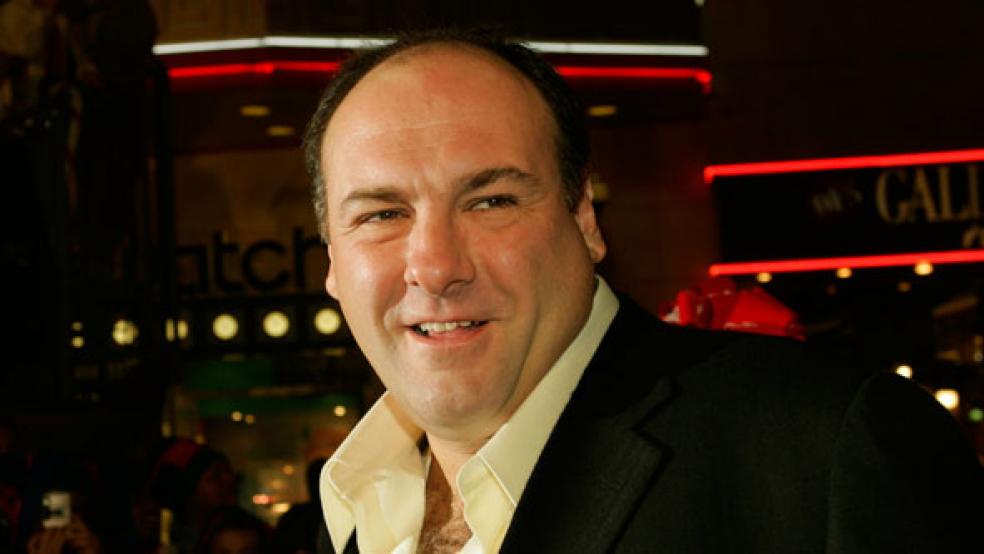It must have been the music. That steady, sexy, rhythmic beat laced with bad-boy images of a guy who’s “got that shotgun shine” in a “world turned upside down.”
“The Sopranos” wasn’t a crime show, although the crimes that were committed were astonishing and horrendous. It was a family drama with characters so real that they made the Louds look like a daytime soap opera.
Gandolfini and his family didn’t match my favorite mafia characters, all of whom I met multiple times during our annual showings of “The Godfather” (one and two). They were more like some of the people I grew up with in the 60’s in Bay Ridge, Brooklyn — the kids with the big houses and the big cars. Catholic kids who went to confraternity dances, wore cool, expensive clothes, and taught some of us how to smoke a joint.
In those days, girls didn’t go “all the way.” If they did, they were dubbed “easy.” When one of the Italian girls in my group got pregnant — a secret that all of us knew — her family took care of it. We all knew they had professional connections to the cops and judges, but we didn’t think that extended to doctors.
None of my friends’ fathers held a candle to Tony Soprano. In Brooklyn terms, he was a mensch — sort of. He was soft spoken, he didn’t hit his wife Carmela (Edie Falco) even though he came close when she told him she was lusting after another guy. That’s when he lunged at her and punched a huge hole through the sheetrock wall in his kitchen.
Tony broke rank in other ways, too. He had a therapist (Lorraine Bracco) who dealt with his fear of death, his fear of losing his family, his fear of losing his power. You had to love the guy, even as you hated him.
But nobody loved him more than HBO. The series turned a cable channel delivering movies into an original-content juggernaut that blew the lid off prime-time programming. If you weren’t watching “The Sopranos,” you were nowhere: You couldn’t chat at the water cooler or discuss an episode at lunch or even with a cab driver.
Of course when a pioneer like HBO succeeds with a new venture like “The Sopranos” and breaks all the rules in the process, others follow. HBO changed the networks as well as cable. “The Wire,” “Breaking Bad,” even “Dexter” owe a lot to David Chase, who created the series, and to the courage of the team at HBO who knew they’d take a hit for “glorifying gangstas.”
When I learned that Tony Soprano died so suddenly at age 51 in Italy, my first thought was that he had been bumped off. Then I remembered that it was James Gandolfini who died — the man who produced “Wartorn,” a TV special about PTSD and war veterans; the Catholic boy from New Jersey who had been a bouncer and a bartender until he stumbled into acting at the Actor’s Studio. And the loving husband and father of two children.
Loving Tony Soprano was easy. Missing James Gandolfini is really, really hard.


